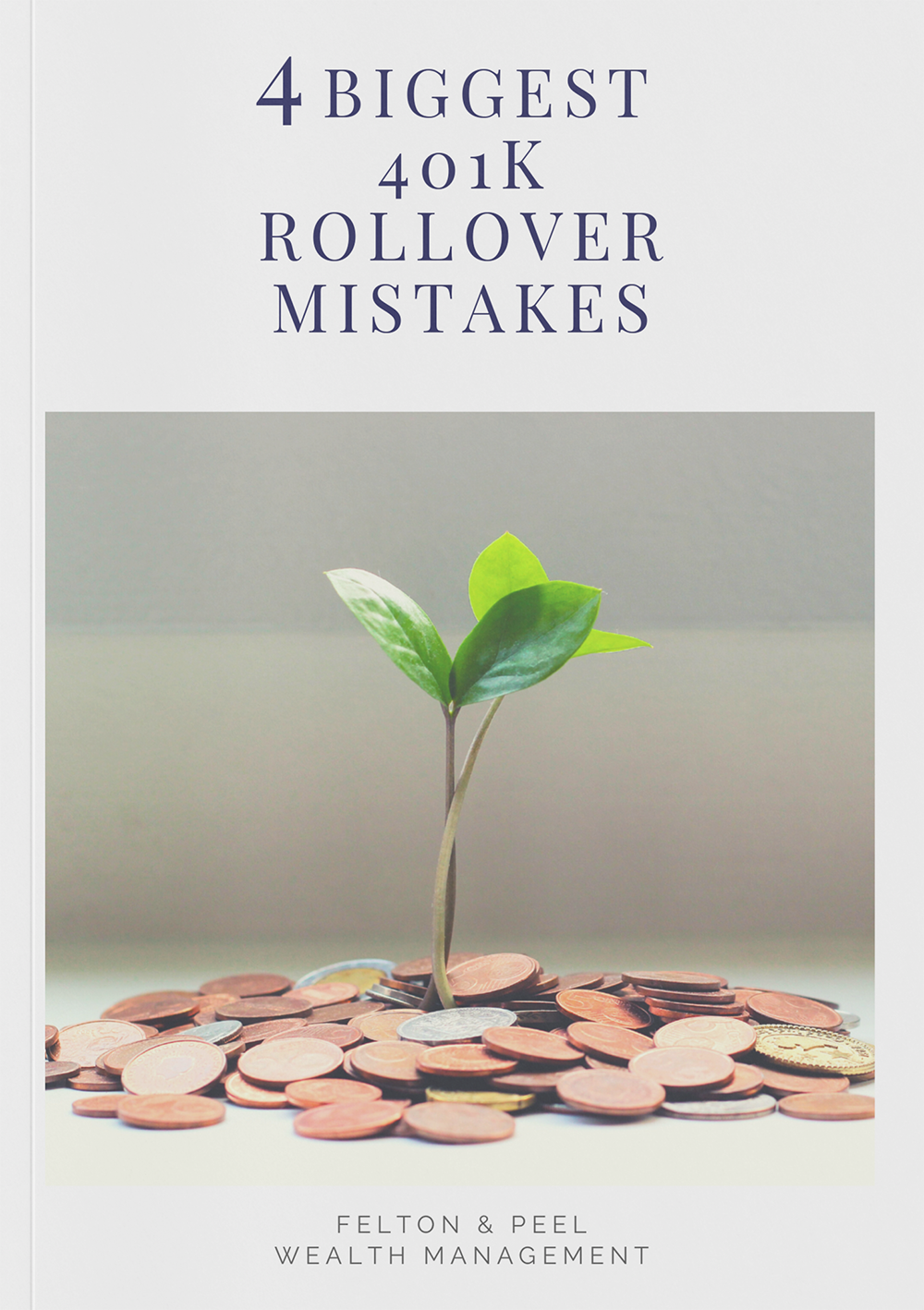
What Are Qualified Charitable Distributions (QCDs)?
As the year comes to a close, finding last-minute strategies to lower your overall tax burden should be top of mind. This is especially true in retirement, when tax write-offs are few and far between. An often underused strategy for retirees is implementing a qualified charitable distribution (QCD).
Unlike most popular tax deductions — like the Child and Dependent Care credit, which benefits parents whose kids are still young enough to qualify as dependents — QCDs are reserved exclusively for those who have reached retirement age. And with proper utilization, it can be a huge tax break for those in need.
What Is a Qualified Charitable Distribution?
A qualified charitable donation is a transfer of funds directly from your individual retirement account (IRA) to a qualified charity. By making a QCD within your IRA, you can satisfy the IRS-mandated required minimum distributions (RMDs). And unlike regular charitable deductions that are itemized on form Schedule A of your tax return, QCDs are above-the-line deductions that reduce your adjusted gross income.
How to Make a Qualified Charitable Distribution
To make a qualified charitable distribution, you must choose a qualified charitable organization that the Internal Revenue Service recognizes. The IRS lists all approved charitable organizations on its website so that you don’t accidentally select a nonqualified entity.
To initiate the distribution, inform the custodian of your IRA that you would like to make a QCD and how much you want to put toward it. The QCD limit is $100,000/year per person, and you can either donate a portion of your RMD to the charity or all of it. Your IRA custodian should send the funds directly to the qualified charity, but if a physical check is sent to you, it must be made payable to the charity. You will be responsible for ensuring that the charity receives the check in the year you are trying to receive the tax deduction.
Although retirees are required to take RMDs at age 72, you can start using a qualified charitable distribution strategy at 70.5. All funds within your IRA are eligible to be used for a QCD.
Qualified Charitable Distribution Tax Details
QCDs aren’t treated as itemized tax deductions like other charitable deductions, so you don’t have to worry about having enough deductions to itemize vs. using the standard deduction. To itemize your deductions, your total deductions must be greater than $12,950 as a single filer for the 2022 tax year ($13,850 for 2023) or $25,900 as a married couple filing jointly for 2022 ($27,700 for 2023).
QDCs are reported on IRS Form 1099-R by your custodian, who holds your IRA as a normal distribution. As always, keep all records indicating that a charitable contribution was made for tax purposes.
Qualified charitable distributions are a great way to satisfy your RMD, lower your taxable income, and give to a great cause. If you elect to implement this tax strategy, make giving to charity your main motivation. Giving strategies should always be led by a heartfelt purpose first — and the tax benefit second.
Not sure if this strategy makes sense for your financial plan? Our planners at Felton & Peel Wealth Management can help you make that decision. Please schedule a consultation with us today to get started.







